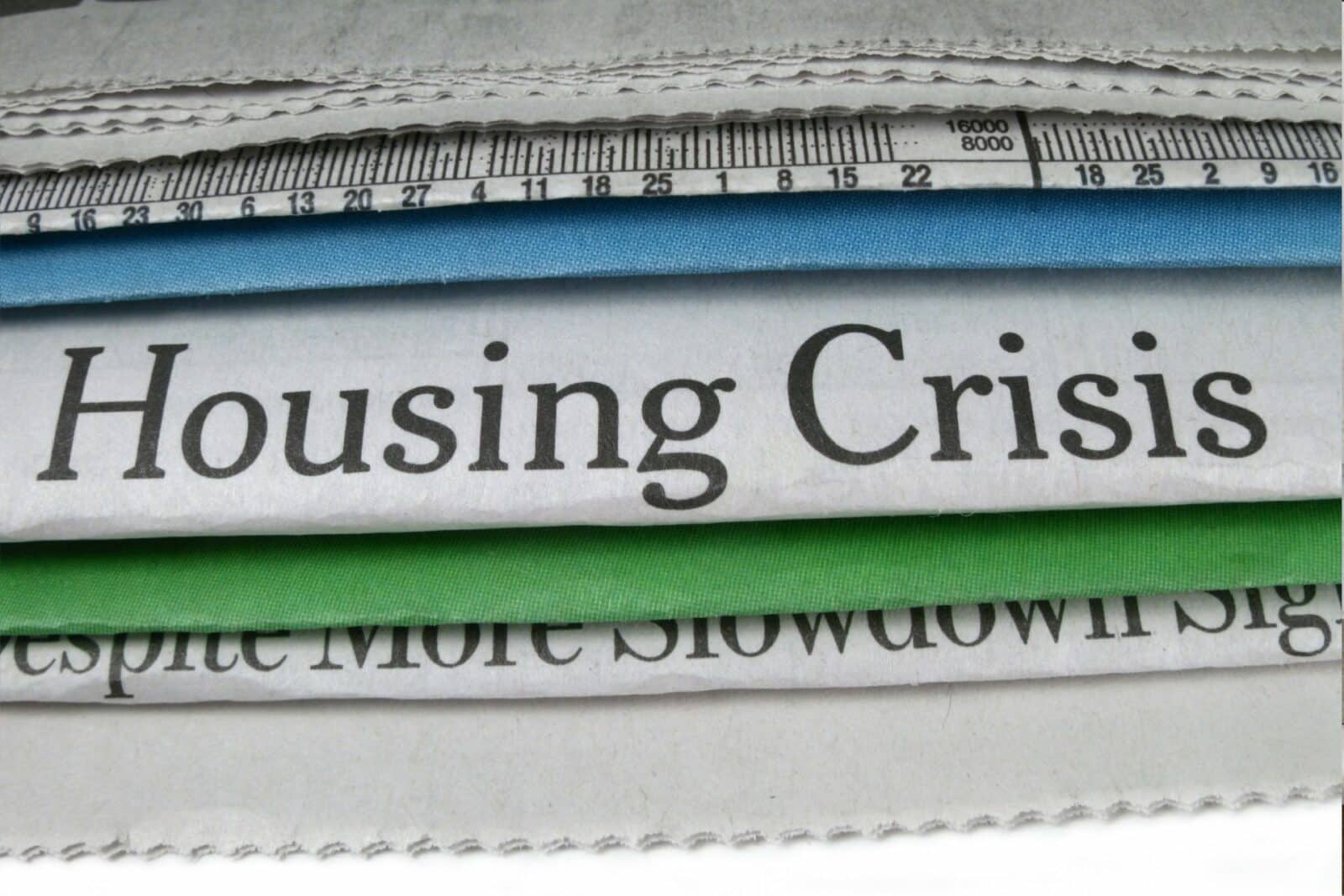Chen Zhao, a senior economist at Redfin, underscores the severity of the crisis of housing affordability, pointing out that prospective homebuyers now need to earn $113,520 annually to afford the typical home in the U.S. This represents a staggering 35% increase over the average household income of $84,072, according to a recent analysis by Redfin.
Persistent Deficit in Affordability
Zhao notes that February 2021 was the last month when the typical household could afford the median-priced home. Since then, households have faced a persistent deficit.
“That deficit hit a peak in October of 2023,”
Zhao states, highlighting the alarming trend.
Impact of Mortgage Rates
“The reason why it hit a peak then is because that’s when mortgage rates peaked as well,”
Zhao explains.
This correlation between mortgage rates and affordability underscores the challenges faced by potential homebuyers in the current market.
Housing Market Dynamics
Inventory Crunch and Elevated Prices
Zhao points out that the crisis of housing affordability relative to incomes is exacerbated by a shortage of inventory, keeping home prices elevated. As of February 2024, the median sale price for a home stood at $412,778, further straining affordability for prospective buyers.
HUD Standards and Affordability
Despite the Department of Housing and Urban Development (HUD) defining housing affordability as housing costs comprising no more than 30% of household income, Redfin’s analysis indicates a significant gap between income and housing costs, adding another layer to the affordability crisis.
 Trends and Solutions
Trends and Solutions
Improvement in Affordability
While the affordability deficit narrowed slightly in February, with households falling short by $29,448 on average, the situation remains challenging. Zhao attributes this improvement to declining mortgage rates since October, providing a glimmer of hope amidst the crisis.
Buyer Reluctance and Economic Uncertainty
Veronica Fuentes, a certified financial planner, sheds light on the reluctance of potential buyers to enter the market, citing recent layoffs in the technology sector as a contributing factor.
“If you were laid off, could you still afford this mortgage?”
Fuentes questions, reflecting on the economic uncertainties faced by many prospective homebuyers.
Navigating the Market
Starter Homes as a Solution
Experts recommend considering starter homes for price-sensitive buyers as a potential solution to the affordability crisis. These homes, typically priced in the lower third of the market, offer a more affordable entry point into homeownership. However, starter homes are increasingly scarce due to a shift away from building entry-level properties by home builders.
Regional Disparities in Affordability
Certain metropolitan areas offer more affordable housing options, providing relief for households with limited incomes. In cities like Detroit, Cleveland, and Pittsburgh, households earning less than $100,000 can afford the typical home, offering a glimpse of hope for prospective buyers in these regions.
Future Outlook
Softening of Home Price Growth
Experts anticipate a softening of home price growth as borrowing costs decrease and inventory levels rise.
“People are getting kind of tired of waiting, so we’re starting to see a lot more inventory come on,”
Zhao observes, hinting at a potential shift in market dynamics in the near future.
Urgency for Prospective Buyers
Despite the anticipated improvements in affordability, experts caution prospective buyers to act promptly if they are financially prepared to do so.
“Conditions probably aren’t going to get significantly better,”
Jeff Ostrowski, a housing analyst, warns, emphasizing the importance of seizing opportunities in the current market.
Related posts:
 Surge in US Housing: A Close Look at the November 2023 Boom
Surge in US Housing: A Close Look at the November 2023 Boom
 Seattle Fort Lawton Housing Plan Revision: A New Vision for Affordable Living
Seattle Fort Lawton Housing Plan Revision: A New Vision for Affordable Living
 2024 Real Estate Recession Warning: A Closer Look at the Housing Market Dynamics in Arizona
2024 Real Estate Recession Warning: A Closer Look at the Housing Market Dynamics in Arizona
 Affordable Housing in Highland Park: A Sustainable Approach to Homeownership
Affordable Housing in Highland Park: A Sustainable Approach to Homeownership
 White House Initiative for Office-to-Housing Conversions Faces Hurdles, Developers Report Delays
White House Initiative for Office-to-Housing Conversions Faces Hurdles, Developers Report Delays



